La Dolce Vespa
Is a scooter commute for you?

Profit and prosper with the best of Kiplinger's advice on investing, taxes, retirement, personal finance and much more. Delivered daily. Enter your email in the box and click Sign Me Up.
You are now subscribed
Your newsletter sign-up was successful
Want to add more newsletters?

Delivered daily
Kiplinger Today
Profit and prosper with the best of Kiplinger's advice on investing, taxes, retirement, personal finance and much more delivered daily. Smart money moves start here.

Sent five days a week
Kiplinger A Step Ahead
Get practical help to make better financial decisions in your everyday life, from spending to savings on top deals.

Delivered daily
Kiplinger Closing Bell
Get today's biggest financial and investing headlines delivered to your inbox every day the U.S. stock market is open.

Sent twice a week
Kiplinger Adviser Intel
Financial pros across the country share best practices and fresh tactics to preserve and grow your wealth.

Delivered weekly
Kiplinger Tax Tips
Trim your federal and state tax bills with practical tax-planning and tax-cutting strategies.

Sent twice a week
Kiplinger Retirement Tips
Your twice-a-week guide to planning and enjoying a financially secure and richly rewarding retirement

Sent bimonthly.
Kiplinger Adviser Angle
Insights for advisers, wealth managers and other financial professionals.

Sent twice a week
Kiplinger Investing Weekly
Your twice-a-week roundup of promising stocks, funds, companies and industries you should consider, ones you should avoid, and why.

Sent weekly for six weeks
Kiplinger Invest for Retirement
Your step-by-step six-part series on how to invest for retirement, from devising a successful strategy to exactly which investments to choose.
You can debate the cool/not cool factor, but you can't argue with 80 miles per gallon. That figure spurred U.S. scooter sales to shoot up 51% through the end of October, compared with a year earlier. At that rate, dealers were on track to sell 235,000 in 2008.
Gasoline prices have dropped to about half what they were last summer and the weather has turned colder, so scooter sales have slowed a bit. But expect scooters to become a fixture. As recession grips the nation, the case for a cheap ride is as strong as when gas cost $4 a gal-lon (which it will again). And some people have embraced scooters as eco-friendly transportation, says Paolo Timoni, chief executive officer of Piaggio Group Americas, which makes Piaggio and Vespa scooters.
But you have to jump through a few hoops before you can trade four wheels for two. When Piaggio offered the chance to test-drive a couple of its models, I had to first get a motor-cycle endorsement on my driver's license. I signed up for a class at a local community college and spent 15 tense hours reliving high school driver's ed. To top it off, I failed the written test the first time I took it. (I swear there were questions not covered in the manual.)
From just $107.88 $24.99 for Kiplinger Personal Finance
Become a smarter, better informed investor. Subscribe from just $107.88 $24.99, plus get up to 4 Special Issues

Sign up for Kiplinger’s Free Newsletters
Profit and prosper with the best of expert advice on investing, taxes, retirement, personal finance and more - straight to your e-mail.
Profit and prosper with the best of expert advice - straight to your e-mail.
Motorcycle lite. Scooters are technically motorcycles, but they're easier to operate. For example, step-through architecture means baby-boomers with joint problems (like me) don't have to fling a leg over the seat to mount them, and women in skirts can ride them to work. Scooters have the two-wheel equivalent of an automatic transmission. Top speeds range from about 40 miles per hour to 90 mph.
Prices for new scooters start at about $2,000 for the Yamaha C3 (115 mpg), which can putt along at up to 40 mph. At the pricey end of the spectrum is the $8,900 Piaggio MP3 500 (55 mpg), which can hit 89 mph. Piaggio is new to the U.S. market, but the company's Vespas, like Ferrari sports cars, are synonymous with Italian style.
Other big players in the scooter arena include Honda and Suzuki. To get buyers in the door, Yamaha was recently offering zero-down deals with 0% interest and deferred payments for up to a year.
Getting up to speed. The $350 Motorcycle Safety Foundation course I signed up for (for offerings in your area, go to ) included two nights of classroom instruction and two weekend mornings of maneuvers around a parking lot, and was a good introduction to motorcycle fundamentals. In 20 states and the District of Columbia, completing the course exempts you from at least part of the motorcycle-endorsement test.
If you buy a scooter, you'll also have to upgrade your insurance. Plan on paying between $100 and $300 a year in premiums for a mid-priced scooter if you're a middle-aged homeowner, or $400 to $500 if you're a twentysomething renter.
With my license at last in hand, I went to the dealer to pick up a Vespa S 150. It was easy to operate, maneuverable and fun -- but I immediately tensed up riding on a heavily trafficked, four-lane highway and decided to take the back roads home. The S 150's top speed is 59 mph, but I never went faster than 35 mph. Even when I was traveling faster than the speed limit, a few drivers insisted on trying to pass me. Scooters, even more than motorcycles and bicycles, get no respect from motorists.
Fair warning: The death rate for scooter riders is much higher than for car and light-truck drivers (but the motorcycle death rate is much higher than for scooters). Still, if you can handle crazy drivers, the savings on your commuting costs will be pretty cool, even if you don't look that hip.
Profit and prosper with the best of Kiplinger's advice on investing, taxes, retirement, personal finance and much more. Delivered daily. Enter your email in the box and click Sign Me Up.

Mark was the editor of Kiplinger's Personal Finance magazine from July 2017 to June 2023. Prior to becoming editor, he was the Money and Living sections editor and, before that, the automotive writer. He has also been editor of Kiplinger.com as well as the magazine's managing editor, assistant managing editor and chief copy editor. Mark has also served as president of the Washington Automotive Press Association. In 1990 he was nominated for a National Magazine Award. Mark earned a B.A. from University of Virginia and an M.A. in Writing from Johns Hopkins University. Mark lives in Washington, D.C., with his wife, and they spend as much time as possible in their Glen Arbor, Mich., vacation home.
-
 Dow Leads in Mixed Session on Amgen Earnings: Stock Market Today
Dow Leads in Mixed Session on Amgen Earnings: Stock Market TodayThe rest of Wall Street struggled as Advanced Micro Devices earnings caused a chip-stock sell-off.
-
 How to Watch the 2026 Winter Olympics Without Overpaying
How to Watch the 2026 Winter Olympics Without OverpayingHere’s how to stream the 2026 Winter Olympics live, including low-cost viewing options, Peacock access and ways to catch your favorite athletes and events from anywhere.
-
 Here’s How to Stream the Super Bowl for Less
Here’s How to Stream the Super Bowl for LessWe'll show you the least expensive ways to stream football's biggest event.
-
 10 Things You Should Know About Buying a Car Today, Even if You've Bought Before
10 Things You Should Know About Buying a Car Today, Even if You've Bought BeforeIf buying a car is on your to-do list, and it's been a while since you went shopping for a new one, this guide will help avoid any nasty shocks in the showroom.
-
 Get the Best Car Deal in Retirement: Here's the Trick
Get the Best Car Deal in Retirement: Here's the TrickPlanning on shopping for a new car this Labor Day weekend? Here’s how to haggle for a better price, even though you're retired.
-
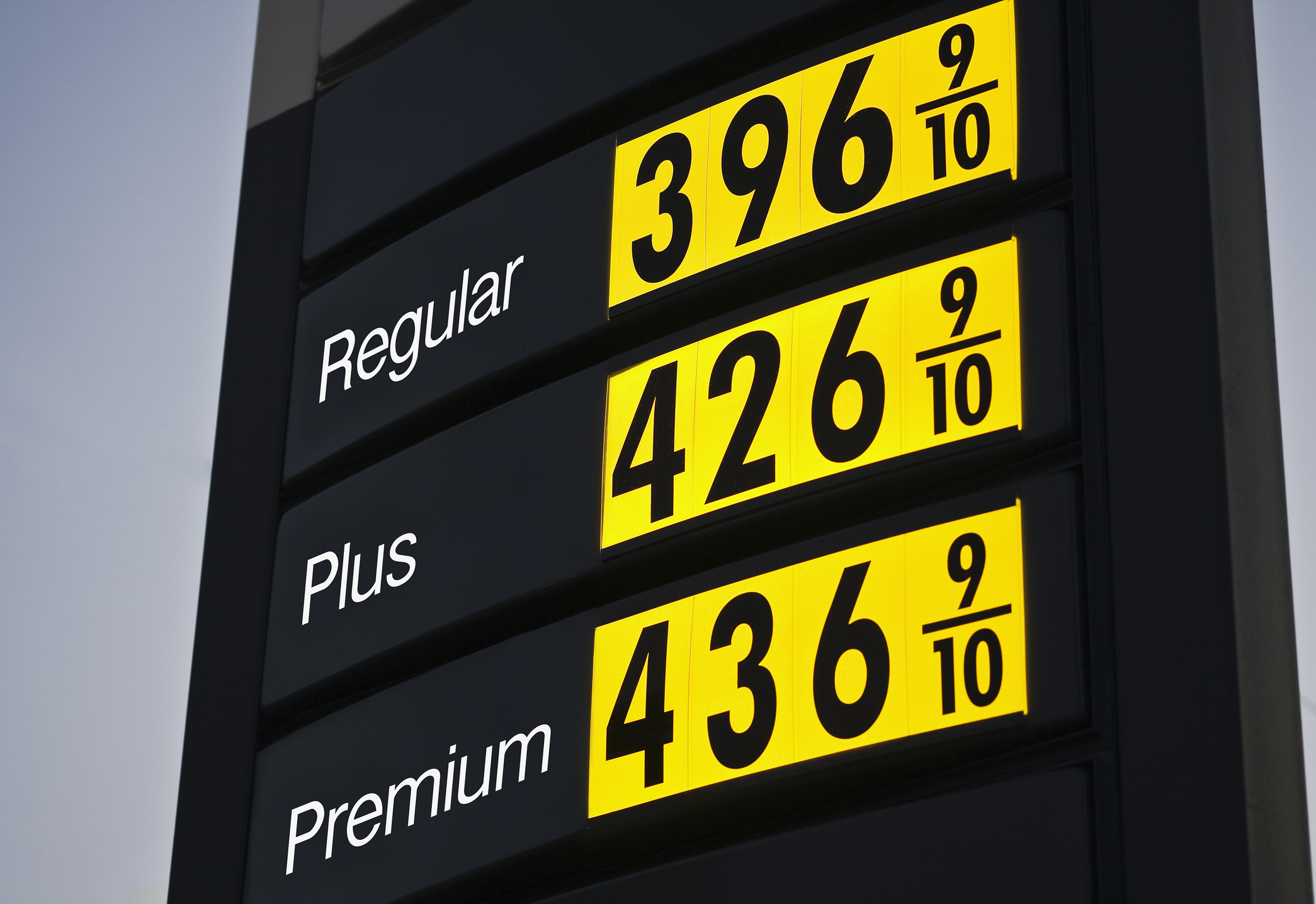 7 Gas-Saving Tips That Actually Work
7 Gas-Saving Tips That Actually WorkThese are gas-saving tips that will actually work for you and your car this year.
-
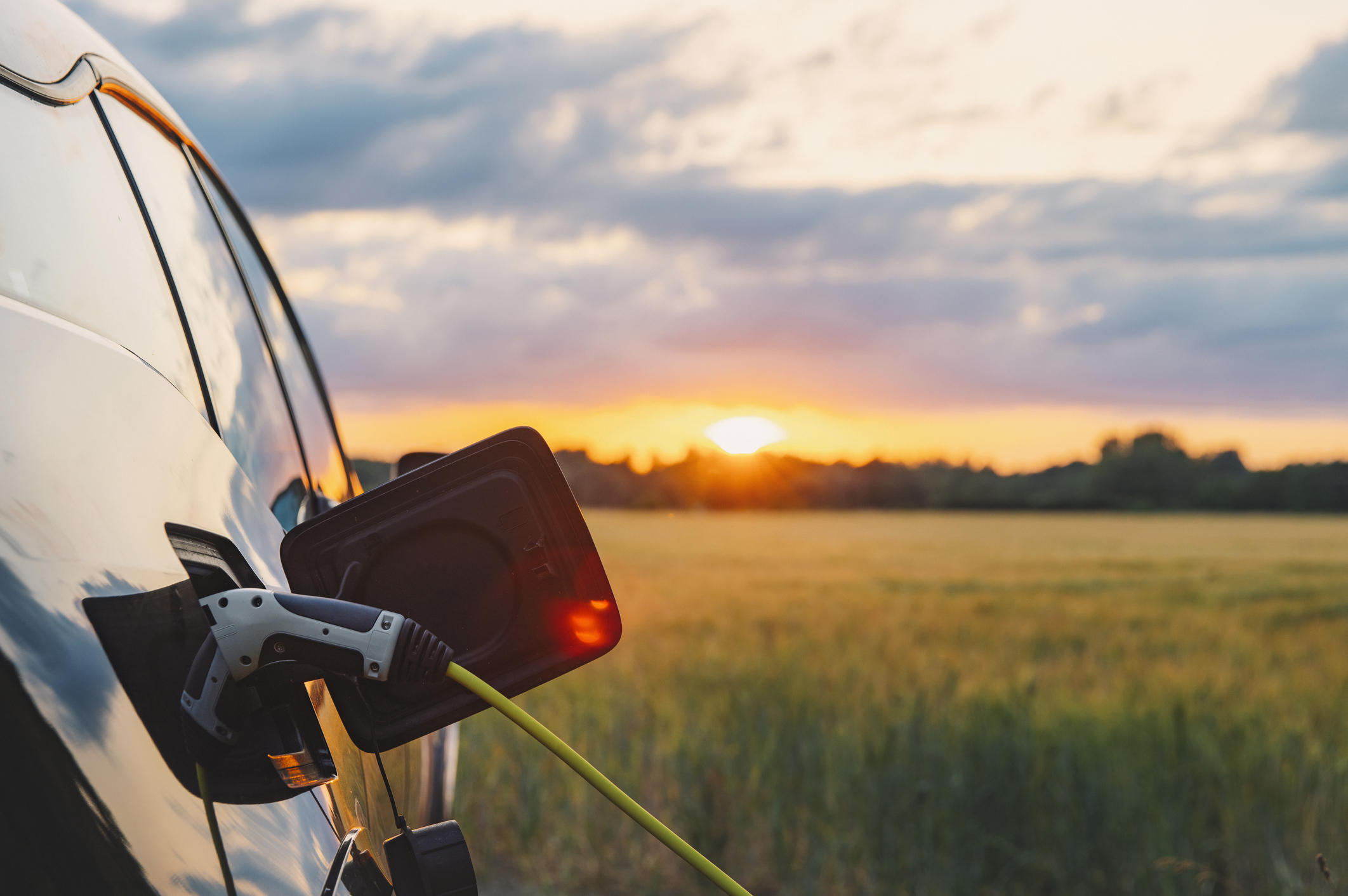 Want to Lease an EV? The Tax Credit 'Loophole' for That Is Going Away Soon
Want to Lease an EV? The Tax Credit 'Loophole' for That Is Going Away SoonTax Credits If you are deciding whether to lease or buy an electric vehicle, here is what you need to know about how the EV lease tax credit works now that it will be eliminated under Trump's new tax law.
-
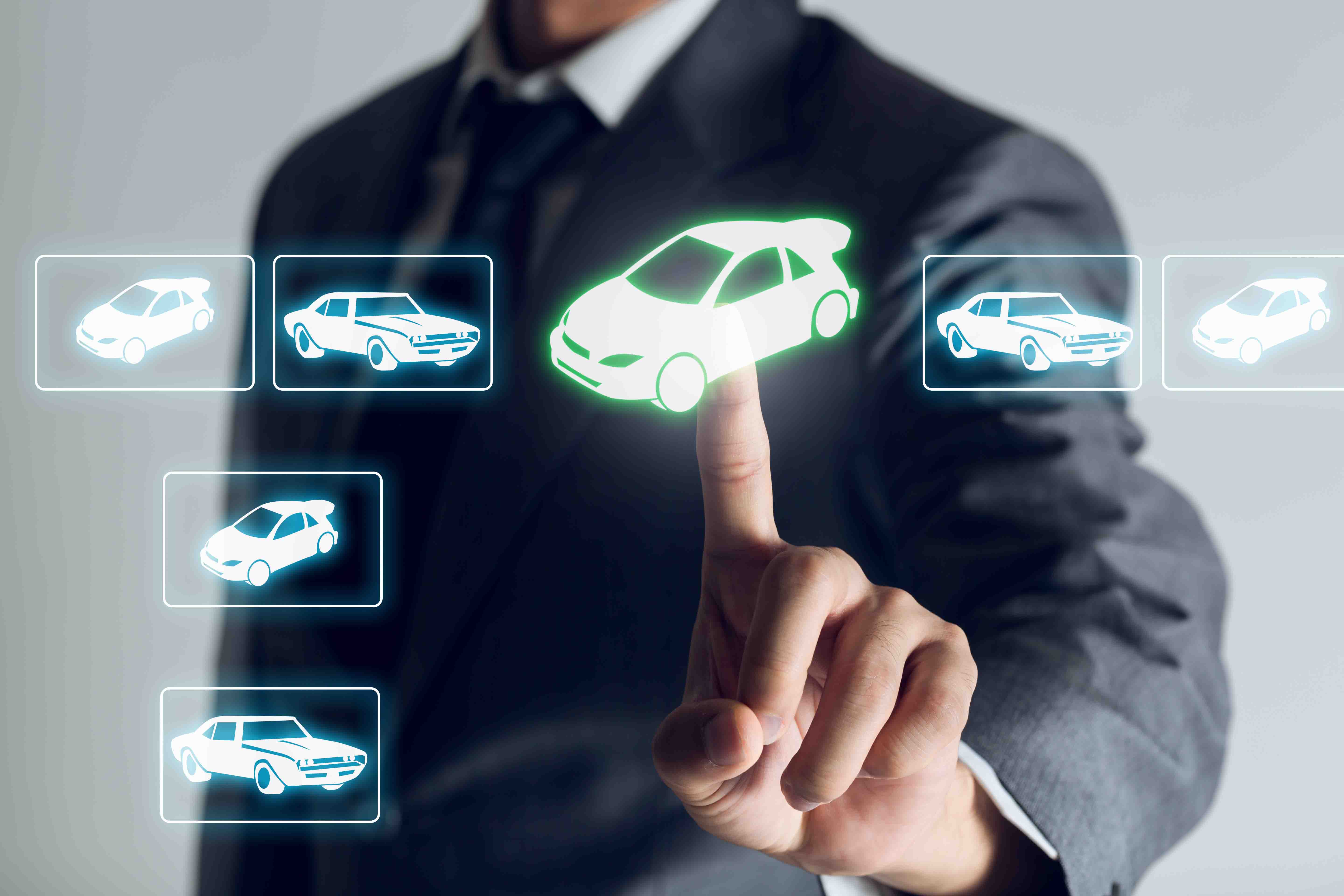 Car Buying in a Topsy-Turvy Market
Car Buying in a Topsy-Turvy MarketYou need a new car? Good luck with that! What should you do? We've got some answers.
-
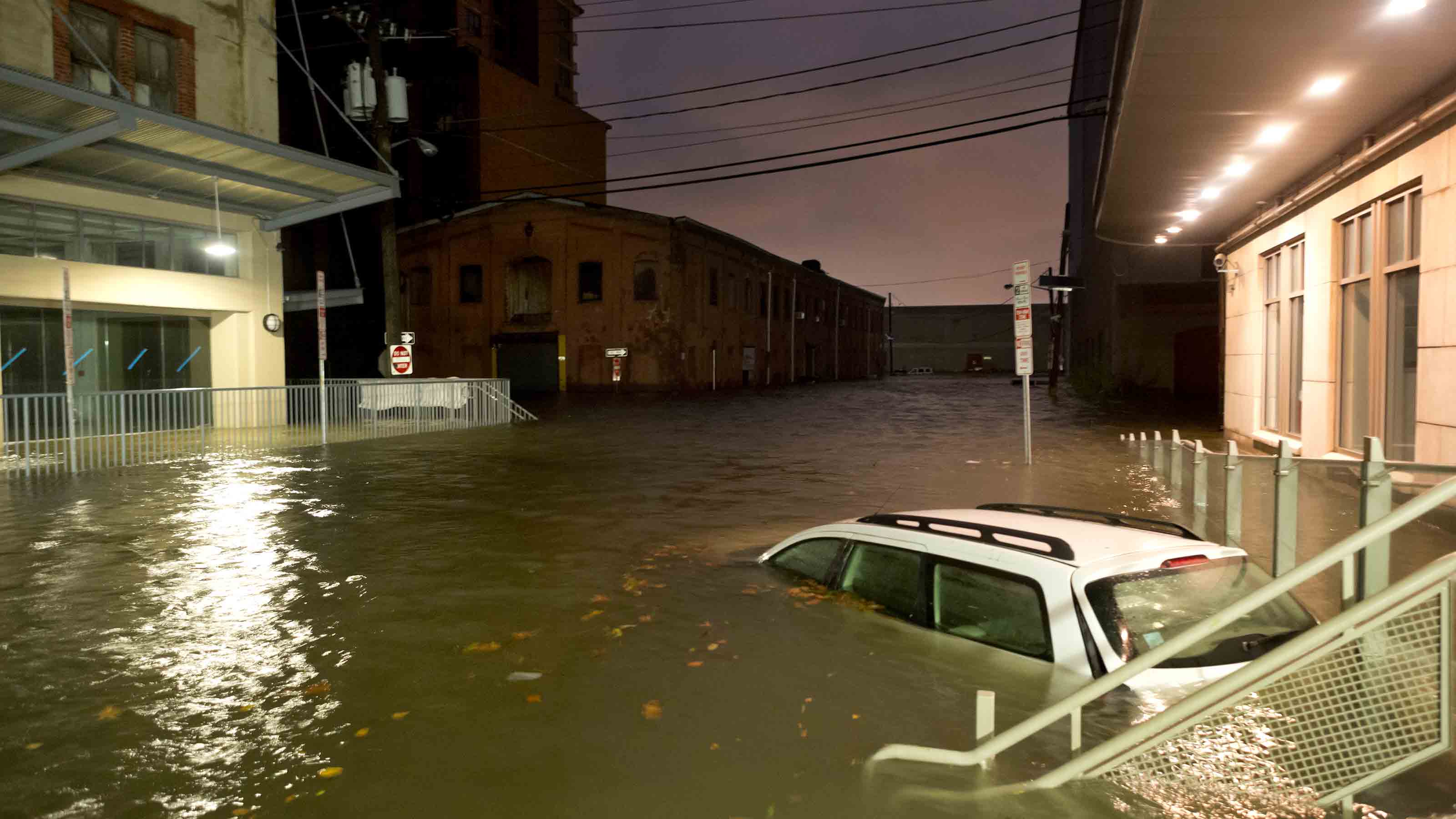 Watch Out for Flood-Damaged Cars from Hurricane Ian
Watch Out for Flood-Damaged Cars from Hurricane IanBuying & Leasing a Car In the wake of Hurricane Ian, more flood-damaged cars may hit the market. Car prices may rise further because of increased demand as well.
-
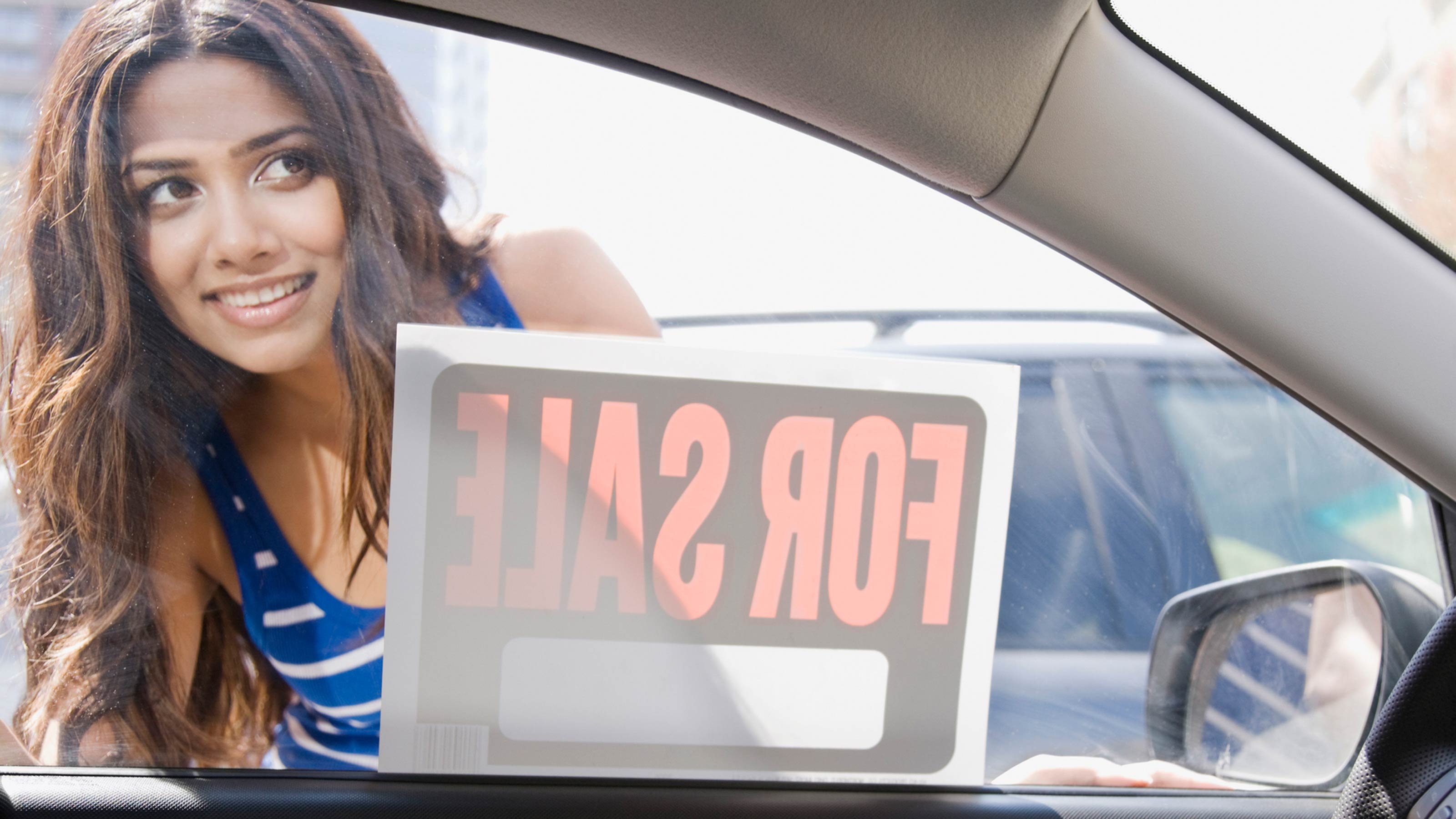 Car Buyers: The 3-Day Grace Period Is Just a Myth!
Car Buyers: The 3-Day Grace Period Is Just a Myth!Buying & Leasing a Car Many car buyers think they have three days after making a purchase to return a car. Here’s where they’re going wrong, and what they should do instead to get a decent used car.
-
 PODCAST: Car-Buying in an Inflated Market with Jenni Newman
PODCAST: Car-Buying in an Inflated Market with Jenni NewmanBuying & Leasing a Car With cars both scarce and expensive these days, what to do if you want – or need – a new ride? Car-buying strategist Jenni Newman of Cars.com shares some tips. Also, more on the magical 9% savings bond.